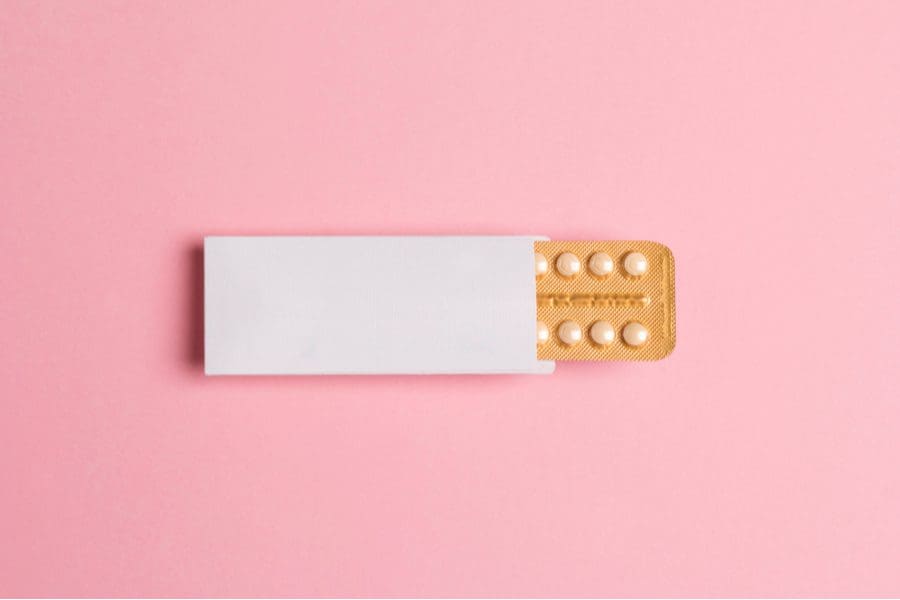Regardless of why you utilize the pill, debating how long you should stay on it is likely a topic of conversation you’ve broached, and it’s one that has many question marks, rumors, and misconceptions associated with it. To help guide you to an answer, here are some questions designed to help you decide whether or not you should stay on the pill.
Are You Sexually Active?
First and foremost, are you actively using the pill as a form of birth control? This can either mean that you are currently dating or married and therefore have a single sexual partner, or perhaps you’re actively dating and may have a different sexual partner from time to time. If any of these scenarios fits, you will likely want to stay on the pill (or consider switching to a different type of birth control if what you are taking isn’t working well for you).
If you are not currently sexually active, and don’t feel this will change in the near future, it may make sense to reevaluate whether or not you should continue birth control.
Do You Use the Pill for Other Reasons?
There are a number of reasons to use birth control pills, inclusive of hormone control and regularized cycles. Some women, for example, feel better when they are on the pill. This means they experience less mood swings around their period, less breakouts, are less likely to experience symptoms such as intense cramping and nausea when on the pill.
Some women use the pill to regulate their cycle. If you experience irregular cycles off the pill, it can be hard to plan for your period, whereas on the pill, most women experience regular cycles that they can track to the day, which makes for easier planning.
The pill is designed for much more than birth control, so you should also evaluate what else you use the pill for and whether or not you’re willing to change those things, prior to taking yourself off the pill.
How Do You Feel When Using It?
As previously mentioned, many women experience less intense menstrual symptoms when on the pill. Conversely, some women may actually experience worse symptoms on the pill. Some women, for example, experience extreme hormonal irregularities that can result in increased acne, mood swings, depression, and weight gain.
The bottom line here is that everyone has different experiences with the pill. Remember that it’s always possible to switch to a different brand—different formulations can have different effects on your body chemistry. Talk to your doctor about trying a different formula, or perhaps going off the pill entirely.
Take Fertility Questions Out of It.
A common misconception is that the pill negatively impacts your long-term fertility. There is no evidence to support this. The pill prevents pregnancy while you are on it, but there is no current research that indicates it has long-term effects on your fertility.
What Does Your Gynecologist Think?
The best person to help you answer these questions and come to a decision is your gynecologist. Let them know your concerns and get their opinion. For instance, if you think you want to stay on the pill, but are experiencing adverse symptoms, your doctor can help you find an alternative that works better for your situation.
Staying on the pill (or not) doesn’t have to be a complicated debate. Instead, you should evaluate the reasons that you use it, the way that you feel when you use it, and your personal conversations with your medical professional to determine what makes the most sense for you. Everyone is different, so there is no “one size fits all” answer!






